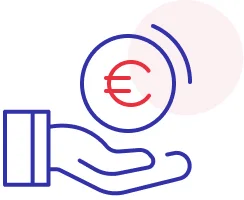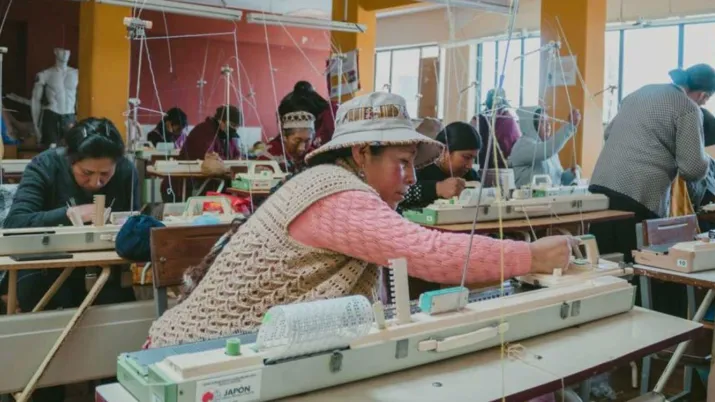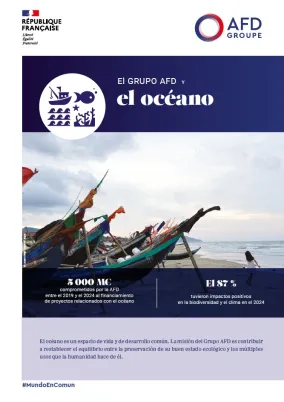
Invertir para un mundo en común
Quiénes somos
Clima, biodiversidad, paz, educación, empleo, igualdad de género, salud mundial... Nuestros equipos participan en más de 4.000 proyectos en los territorios franceses de ultramar y 160 países. De este modo, contribuimos a la política francesa de inversión sostenible y solidaridad internacional, en apoyo de los Objetivos de Desarrollo Sostenible (ODS).
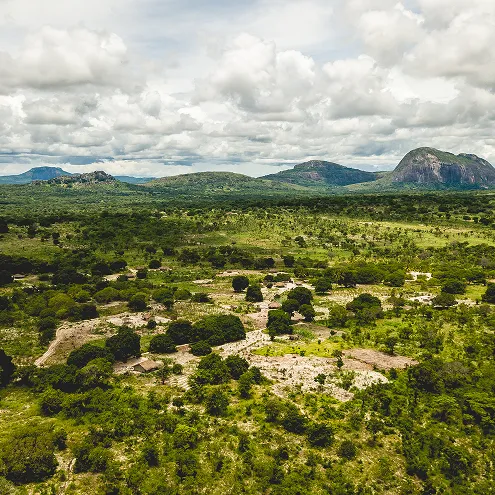
Nuestra presencia en el mundo
La AFD cuenta con una red de 85 agencias en los 5 continentes y 17 oficinas regionales en todo el mundo, incluidas las de Ultramar y Bruselas. Estructura sus operaciones en torno a cinco zonas geográficas: África, la Vecindad Europea, Oriente, América Latina y los Tres Océanos.
Titulares
¿Por qué los Comunes pueden transformar Brasil?
Coincidiendo con la celebración de la COP sobre el clima del 10 al 21 de noviembre de 2025 en Belém, Brasil, el enfoque basado en los Comunes en los proyectos de solidaridad internacional pone de reli...
Publicado el 4 noviembre 2025

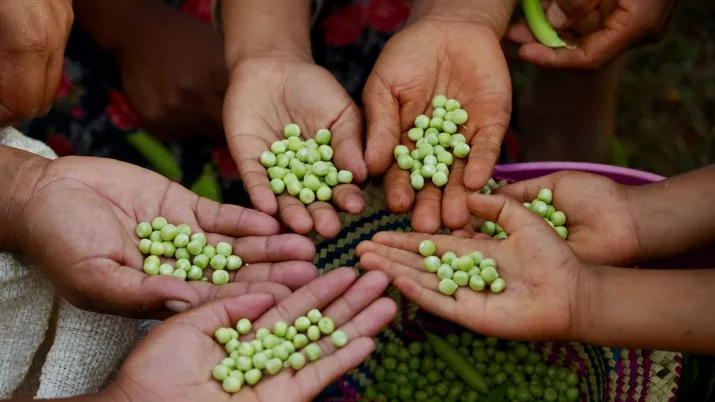
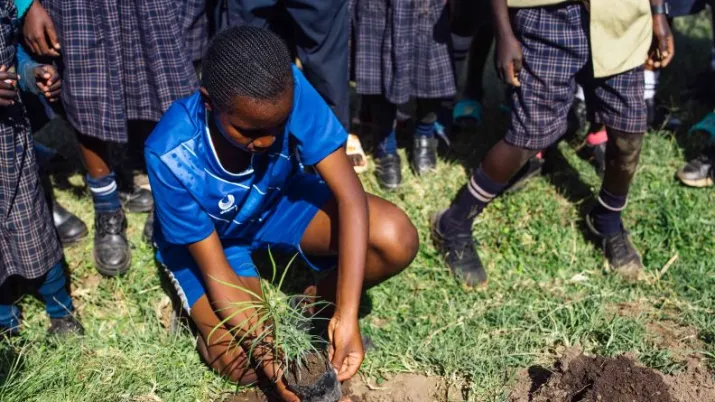

Otros
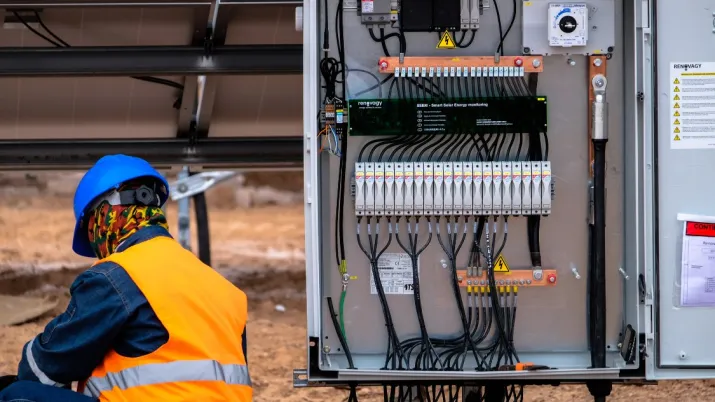
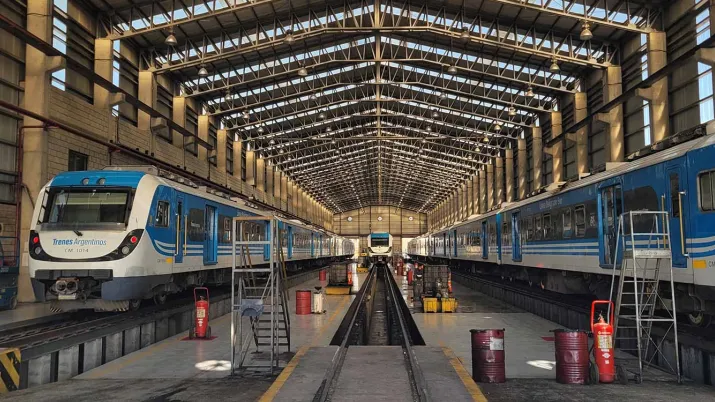
Publicaciones y medios de comunicación
Qué ver
Cómo la AFD hace realidad los proyectos
Publicado el 19 abril 2023
¿Qué hace la AFD para que el desarrollo sea sostenible?
Publicado el 20 abril 2023
En cifras
-
121 millones de personas se beneficiarán de un mejor acceso a los servicios esenciales (agua, energía, salud, saneamiento, etc.) gracias a las inversiones solidarias y sostenibles (ISS) concedidas en 2024
-
40 millones de hectáreas de espacios naturales y bosques ya se han conservado o restaurado gracias a las inversiones realizadas entre 2014 y 2024
-
Primera banco de desarrollo 100 % alineado con el Acuerdo de París
-
El 55 % de nuestros proyectos integran un objetivo específico para fomentar la igualdad de género entre mujeres y hombres

